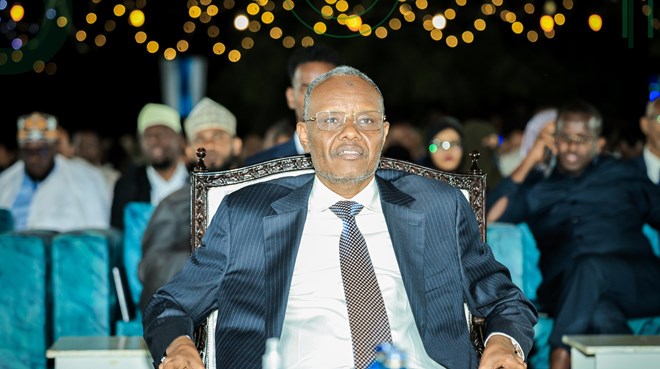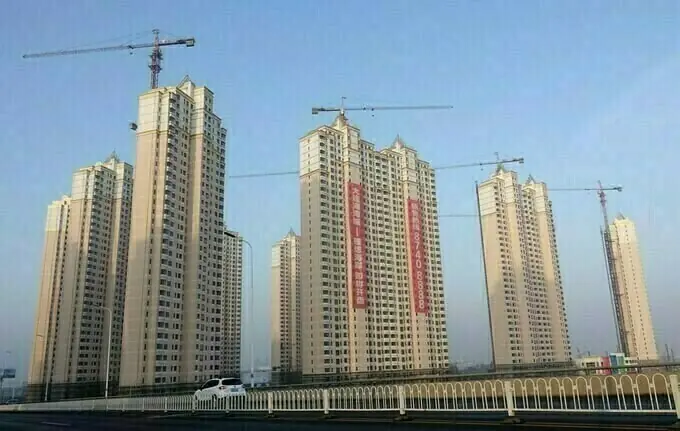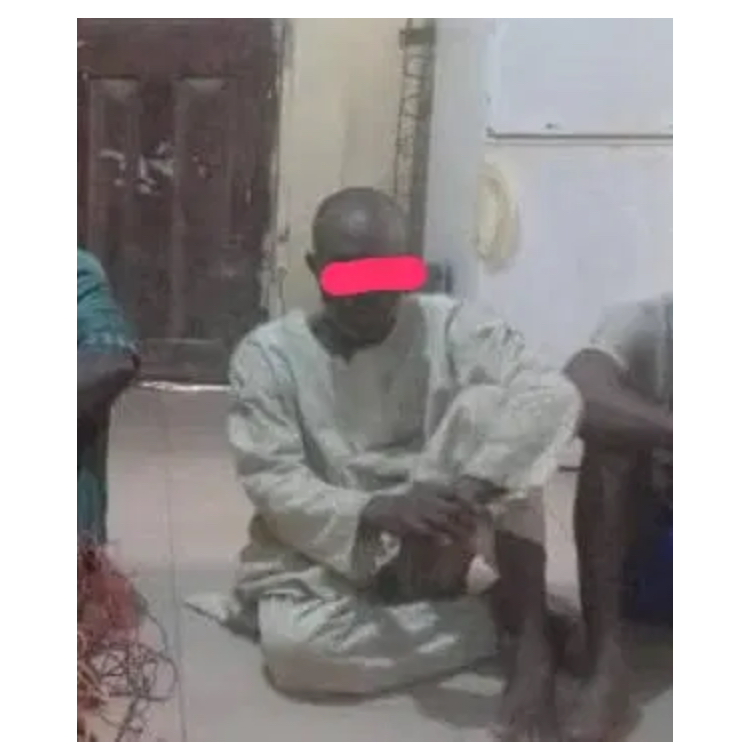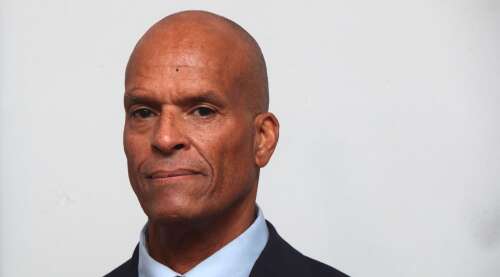Southwest State of Somalia’s Peace and Culture Week: Setting an Inspiring Model for Other States

Hiiraan Online
Today from Hiiraan Online:
Somali Music
Google Plus
advertisements
Southwest State of Somalia’s Peace and Culture Week:Setting an Inspiring Model for Other States
FacebookFacebook messengerTwitterWhatsAppLinkedInTelegramEmail
By Dr. Abdurahman Baadiyow
Monday September 22, 2025
It was a warm evening on 11 September 2025 when the opening ceremony of the Week of Peace and Culture was opened in Baidoa, the interim capital of the South West State of Somalia. The air buzzed with anticipation, as people from all walks of Somalia and the regions of the Southwest state gathered in a spirit of unity and hope. The event kicked off with President Abdiaziz Hassan Laftagareen taking the stage, welcoming not just the people in the Southwest but all Somalis to witness a week dedicated to peace, reconciliation, dialogue, and cultural celebration. Among the crowd were some notable figures, including Hassan Moallim. the Minister of Constitution and Justice from the Federal Government, who had come to represent the central government’s commitment to supporting federal member states’ s peace initiatives. Parliamentarians and council ministers from the national Federal State and South West State added their voices, ensuring that the event was as much about governance and policy as it was about peace, culture and community. The evening was filled with beautiful songs and poetry—art forms that have long been the heart of Somali tradition. Each word spoken, every note sung, was a call for peace, unity, and reconciliation. The language of the evening was Maay Somali, the dialect of the South West State, grounding the celebration in the local culture and making it all the more meaningful to those in attendance. This wasn’t just a ceremony—it was a reminder that peace is a shared responsibility, a vision that requires all of us, from the grassroots to the government, to come together. It was a week that promised more than just speeches and celebrations. It was the start of something much bigger: a collective commitment to a future built on peace, trust, understanding, and unity. As I was honored to be part of this moment, I realized that the Week of Peace and Culture was not only about addressing past wounds but about celebrating the resilience of a community determined to move forward. The energy in the air was transmittable, and as the week unfolded, I could feel the seeds of a more peaceful and united Somalia being sown.
The first day of the week was inaugurated with great enthusiasm at the serene and picturesque Peace Garden, where a wide range of activities brought together key sectors in a vibrant celebration of progress and culture. The tranquil setting of the garden, with its lush greenery and open spaces, provided the perfect backdrop for this dynamic event. Visitors were welcomed into an immersive experience that featured an extensive exhibition spanning business, production, education, health, and cultural sectors. The exhibition space was carefully designed to highlight the advancements and contributions from various industries. In the business sector, entrepreneurs and established companies showcased their latest innovations and solutions. From cutting-edge digital technologies to sustainable business practices, the displays offered insights into the evolving landscape of commerce and entrepreneurship.
The production sector was well-represented through interactive exhibits showcasing the latest manufacturing techniques and highlighting some of the Southwest State’s most famous local products, including pure honey, maize, vegetables, and apples. Visitors had the chance to engage with local producers and experts, learning how these key agricultural products are cultivated using sustainable practices to meet modern economic demands. In the education section, visitors explored a wide array of programs, including a universities exhibition that highlighted the region’s leading academic institutions and innovative educational platforms, such as digital classrooms and hands-on learning tools. The health sector also took center stage, with newly opened hospitals showcasing advanced medical technologies and patient care services. Experts in healthcare shared breakthroughs in telemedicine, wellness practices, and medical research, all focused on making healthcare more accessible, personalized, and effective, improving the overall quality of life for individuals and communities.
The Peace Garden also served as a stunning stage for a series of cultural performances that captivated the audience. Local artists and performers brought the spirit of the community to life through vibrant music, traditional dances, and theatrical plays. These cultural displays not only entertained but also reflected the deep connections between the local culture and the other sectors, creating an environment where art, business, education, and health came together in harmony. The atmosphere of the Peace Garden added a unique charm to the event, with visitors strolling through the beautifully landscaped grounds while absorbing the innovations on display. The combination of nature, culture, and professional insights made the day both enriching and relaxing, setting a positive tone for the rest of the week.
The subsequent days of the event in Baidoa were filled with a wide range of activities highlighting cultural, educational, and social advancements, with the opening of the National Academy of Maay Culture and Science, being one of the most significant. Somalia’s language is made up of two primary branches: Maxaa, the dominant dialect, and Maay, which has historically been marginalized and spoken primarily in the Southwest State. The Somali Constitution provides a legal framework for the development and promotion of all Somali spoken languages, acknowledging the importance of preserving these linguistic heritages. The opening of the Institute marked a momentous occasion in this effort, as it aimed to promote and preserve Maay, an essential component of Somalia’s cultural identity. Scholars such as professor Mohamed Mukhtar and Professor Abdi Kusow have been instrumental in developing a new written script for Maay, formalizing and standardizing the dialect to ensure its future use in education and communication. This initiative not only recognizes Maay’s historical and cultural significance but also sets the stage for its revitalization, empowering its speakers and ensuring that the language is passed down through generations in a more structured and accessible way.
Another highlight was the opening of the Peace Institute, a new center dedicated to fostering peace, conflict resolution, and dialogue within the community and beyond. This institution was launched with the goal of becoming a regional hub for promoting peacebuilding initiatives, offering programs and workshops designed to address conflict and build stronger, more cohesive communities. The Peace Institute will fold the Peace Week programs annually as president Laftagreen publicly announced. The event also featured an engaging book exhibition, which showcased a vast collection of local literature, academic works, and cultural publications. Authors, publishers, and educators participated in discussions and book signings, providing visitors with the opportunity to delve into the literary landscape of the Southwest State and beyond. In addition to these intellectual and cultural initiatives, the event offered a rich variety of youth-focused activities. These programs included recreational events aimed at empowering young people and encouraging them to take an active role in shaping the future. The focus on youth provided a platform for the next generation of leaders to gain valuable skills and insights that will guide them in their personal and professional lives.
The programs of the Peace Week also featured women-focused activities, highlighting the incredible contributions of women in the Southwest State. Workshops and panels were held on topics such as women’s rights, entrepreneurship, and leadership, empowering women to pursue their goals and make a difference in their communities. These activities emphasized the importance of women’s participation in all aspects of social, political, and economic life. Sports activities were another key element of the event, with local teams competing in various games and tournaments. These activities not only entertained the crowd but also promoted teamwork, healthy living, and community spirit. The inclusion of sports added an energetic and fun-filled dimension to the week, bringing together people of all ages in celebration of physical fitness and friendly competition.
A particularly memorable moment during the event was the graduation ceremony for students from Southern Somali University, where new graduates were celebrated for their academic achievements. The ceremony was an emotional and proud occasion for both the students and their families, marking the culmination of years of hard work and dedication. This significant event also included special lectures and meetings with students from various universities in Baidoa, such as Baidoa University, Zamzam University, and Southwest University. The rector of Zamzam University, Adan Abdi Isaak, along with Mohamed Enow, rector of Southern Somali University, and Aways Al-Qarni, rector of Baidoa University, played pivotal roles in organizing the academic exchanges and discussions. These sessions provided students with valuable opportunities to interact with professors, industry experts, and fellow students, fostering a productive exchange of ideas and knowledge. The lectures covered a broad range of academic topics, as well as practical skills, preparing students to face the challenges and opportunities that await them in their future careers. These events underscored the commitment of the universities in Baidoa to fostering intellectual growth, collaboration, and leadership among their students.
The week witnessed the participation of numerous distinguished dignitaries and a diverse group of prominent scholars and experts whose contributions were pivotal to the event’s success. Among the notable figures were Professor Mohamed Mukhtar (Savannah State University, USA), Professor Mohamed Hussein (Norway), Professor Ali Sheikh Ahmed Abubakar (Mogadishu University), Professor Abdulkadir Osman (Aalborg University, Denmark), Prof. Hussein Iman ( Mogadishu University), Prof. Mohamed Omar Dalha (former deputy speaker of the Somali parliament), Prof. Mohamed Ibrahim (South West Minister), Professor Ibrahim Farah Bursalid (lecturer at various universities), Abdi Ahmed Baafo (former Minister and Director of Dhaxalreeb Center), Dr. Zaima Abdullahi (women’s activist and Chairman of the Board, IRAD), Professor Abdi Kusow (Iowa State University), Prof. Abdirahman Ibbi (former Minister and MP), Yusuf Garad (former director of BBC and Foreign Minister), and Ambassador Mohamed Sheikh (Somali Ambassador to South Africa). Their collective presence, alongside many other distinguished individuals, greatly enriched the event, emphasizing its academic and cultural significance while underscoring a strong commitment to peace, education, and the cultural development of Southwest Somalia.
The Peace Week also saw valuable participation from non-Somali scholars, further enriching the event’s academic and cultural diversity. For instance, Michael Neater, an American expert specializing in Garre and Jidou languages, contributed his vast knowledge of these lesser-known linguistic traditions. Additionally, Professor Charles Kipaya from Kenya joined the event, bringing his extensive expertise in East African cultural studies. The inclusion of these scholars not only broadened the scope of discussions but also fostered stronger international academic collaborations, enhancing the overall impact of the Peace Week.
The Peace Week was brought to a fitting conclusion with a special event at the Presidential Palace, where President Abdulaziz Laftagareen invited all guests and dignitaries for a heartfelt farewell and formal closure of the week-long celebrations. The event provided an opportunity to reflect on the success of the week, which brought together leaders from various sectors, including business, education, health, and culture, to advance the shared goals of peace, development, and unity in Southwest Somalia. In his address, President Laftagareen thanked attendees for their active participation and emphasized the need for continued collaboration to build a more inclusive and united nation. He highlighted key moments of the week, such as the opening of the Institute for the Development of the Maay Dialect and the graduation ceremonies, and urged everyone to build on the momentum of Peace Week. The ceremony ended with a reception, where dignitaries and guests reflected on the accomplishments of the week, reaffirming their commitment to peace and development. President Laftagareen’s speech and the closing event symbolized not just the end of the week’s activities but the beginning of an ongoing journey toward national unity and peacebuilding.
The day after, the event offered a wonderful opportunity for me and the former president of Mogadishu University, Professor Ali Sheikh Ahmed, to meet with the alumni of Mogadishu University branch in Baidoa. This gathering was especially meaningful as we had the chance to reconnect with these talented graduates, many of whom are now making significant contributions in various sectors. The alumni have taken up roles in both the government and the private sector, showcasing the broad impact of their education and training at Mogadishu University. Their work spans a diverse range of fields, from policy-making and public administration to business leadership, healthcare, and technology, reflecting the quality of education and the value of the network they built during their time at the university. It was inspiring to see how these individuals, many of whom we had taught and mentored, have gone on to play vital roles in shaping the future of Baidoa and the wider region. This reunion not only strengthened our connections but also highlighted the important role of higher education in driving social and economic development. For me and Professor Ali Sheikh Ahmed, it was a proud moment to witness the success of the alumni and to be reminded of the long-lasting impact education can have on individuals and communities alike.
This was the first Peace Week organized by the Ministry of the Interior, led by Minister Abdullahi Haji and Director General Mustaf Abdullahi. Their dedication and leadership were key to the event’s success, bringing together government officials, scholars, and community leaders to promote unity and progress in Baidoa. Their hard work in organizing and coordinating the week deserves our gratitude and admiration, setting a strong foundation for future peace-building efforts in the region. I sincerely hope that other federal member states will follow the example set by Southwest State in establishing a dedicated “Peace Week” to promote peace, reconciliation, and cultural exchange. This initiative has proven to be a powerful platform for bringing communities together, fostering understanding, and healing historical divides. A nationwide commitment to such initiatives would not only deepen the sense of unity among the Somali people but also contribute to the broader goal of national stability and development. Each federal member state has the potential to tailor these events to their unique cultural and regional contexts, ultimately reinforcing the collective effort towards a more peaceful and reconciled Somalia.
Opinion| Privacy Policy|Sports|Somali Music|Somali Map
All Rights Reserved Copyright. © 1999-2025, www.hiiraan.com



